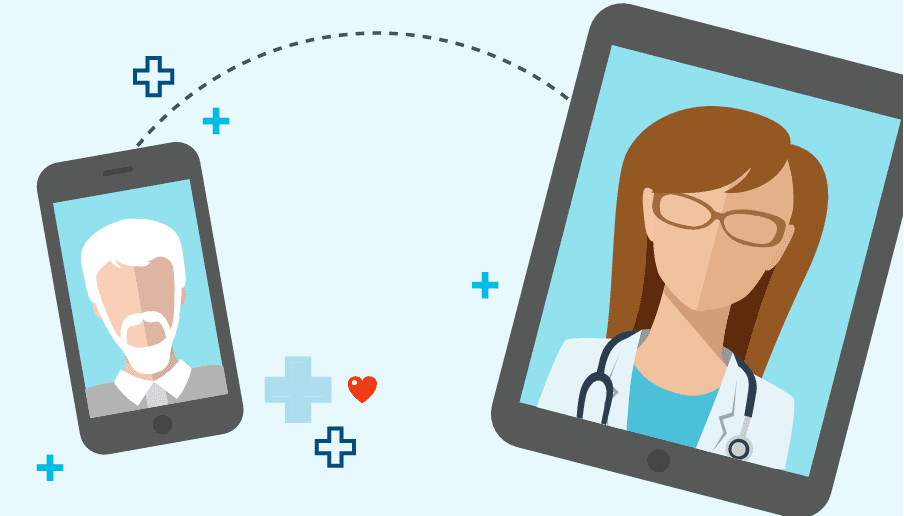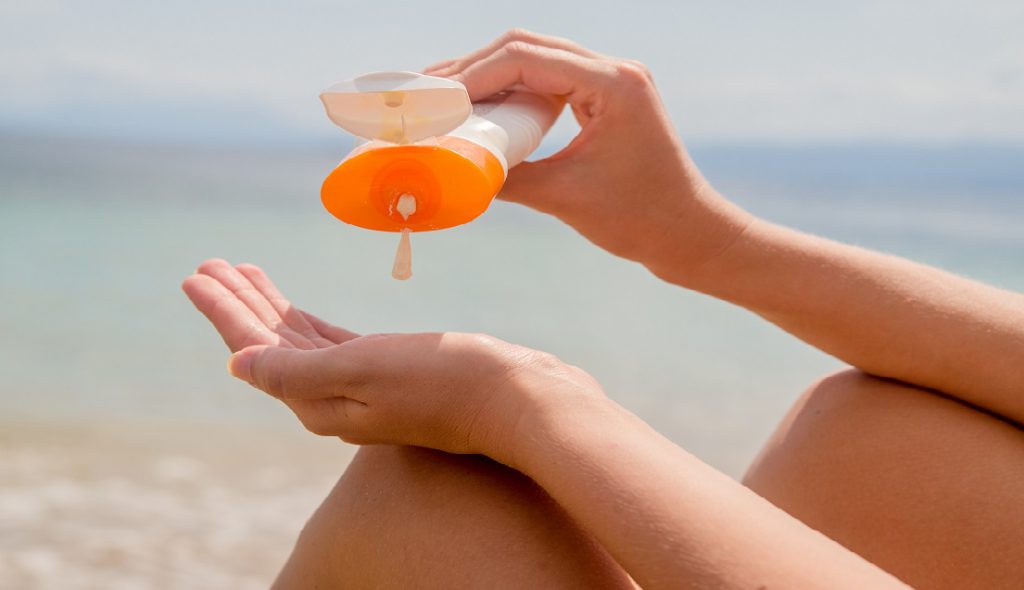
Image from TripAdvisor
Andrea Hernandez
You might have heard warnings that pregnant women ought to avoid eating seafood because it can harm the development of the baby. Uncooked seafood is unsafe because there is a risk of ingesting contaminated foods with coliform bacteria, toxoplasmosis and salmonella. This is also true for uncooked poultry and other meats. Raw seafood can have specific types of parasites. Cooked seafood during pregnancy can be beneficial for fetal development.
Seafood like shrimp and salmon are generally safe and beneficial to eat as long as they are properly cooked. It is beneficial to eat fish because it is a great source of protein, iron and zinc. These nutrients are necessary for a baby’s growth and development. Seafood is also rich in omega-3 DHA which is needed for brain and eye development.
However, high mercury content in seafood like shark and swordfish are harmful at high levels. High concentrations of mercury can cause brain damage, hearing and vision problems to the baby.
Next time someone you know is told to avoid seafood during pregnancy, you can specify to avoid uncooked foods and high mercury seafood!
https://www.aboutseafood.com/eating-seafood-while-pregnant-guide/
https://americanpregnancy.org/pregnancy-health/foods-to-avoid-during-pregnancy/

